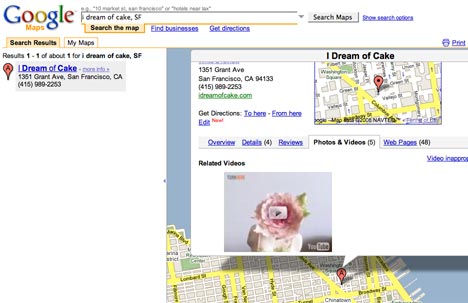We give developers the opportunity to tell us journalists why we should sit up and pay attention to the sites and devices they are working on.
Ever tried to organise an event or share research on email for more than two people? Nightmare, hey? Fear it no longer. Today’s IIJ is social scrapbook and decision-making site Skimbit.
1) Who are you and what’s it all about?
Hello, I’m Alicia Navarro.
Skimbit is start-up I founded, it’s a web tool for gathering the best bits from sites you like, so you can analyse, share, and get feedback on your findings.
2) Why would this be useful to a journalist?
Skimbit is great if you are compiling research and want your results presented in a visual, professional way.
You can form groups and together you can compile research on a chosen topic – all to the same web page. You can also use other people’s research as the basis for your own projects.
3) Is this it?
Hell no! We have exciting product developments in the pipeline, including more ways to skim a page, more ways to view and analyse findings, and a very exciting new user interface upgrade.
4) Why are you doing this?
I came up with the idea for Skimbit after organising one too many group holidays. The process of copying and pasting links to villa or cottage sites into an email, sending to friends for feedback, and collating everyone’s responses, was arduous and inefficient. I also found the process of researching the purchase of a TV difficult, because there were so many factors to consider other than price.
So I designed Skimbit to specifically deal with these issues but found that it had even more wide reaching uses – in fact, a huge proportion of our users have the service for compiling business research.
5) What does it cost to use?
Absolutely nothing! We do offer a white-label of our service that companies can license, and we customise it fully so it becomes part of their site, but for the general public, its free.
6) How will you make it pay?
We earn revenue from licensing out a white-labelled version of the service, and we earn advertising revenue, and soon we will earn some affiliate commissions. But the core ethos of Skimbit is that we don’t influence the content for our benefit: Skimbit is your tool for conducting research, and we don’t push products or sites at you.



